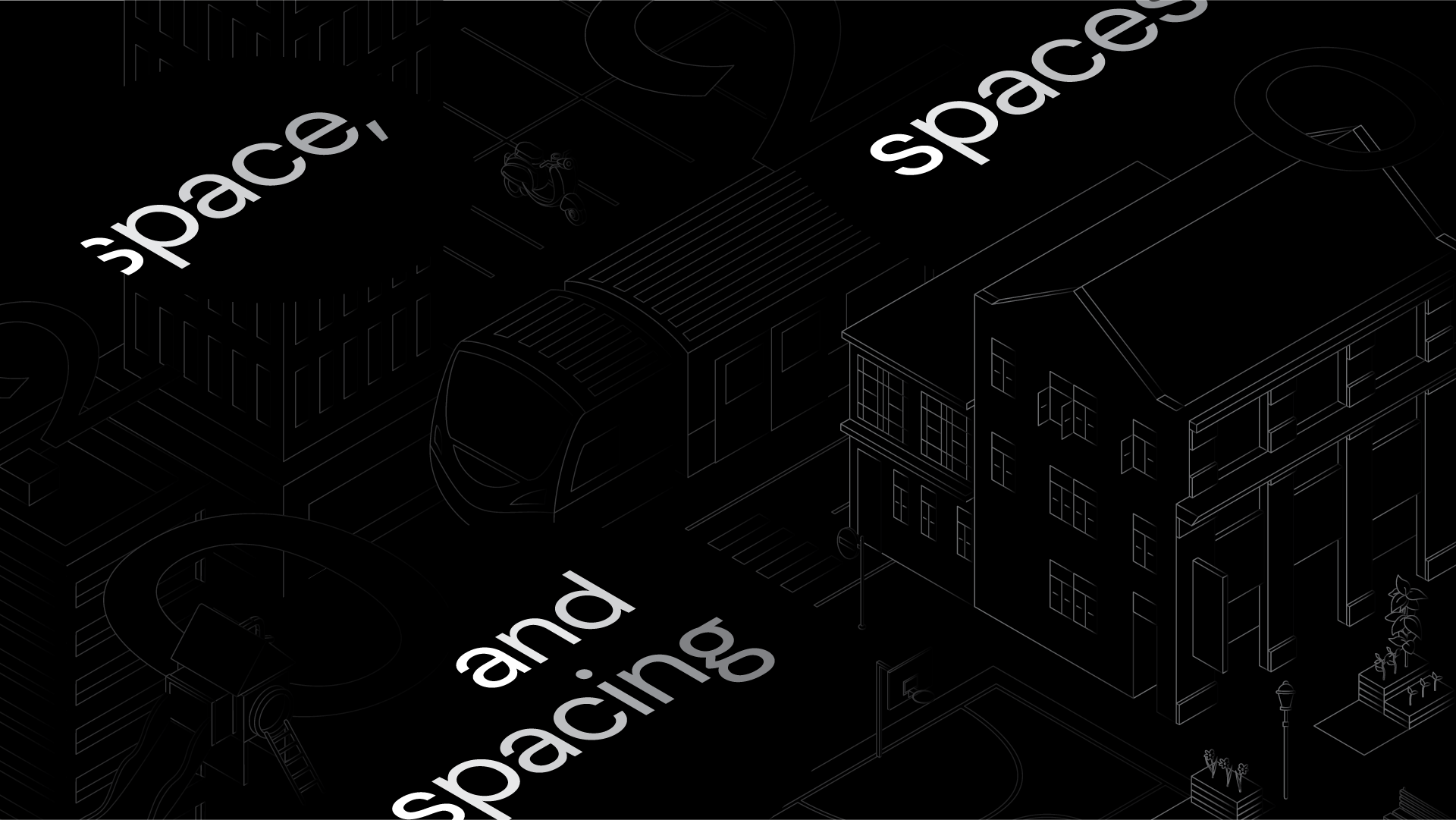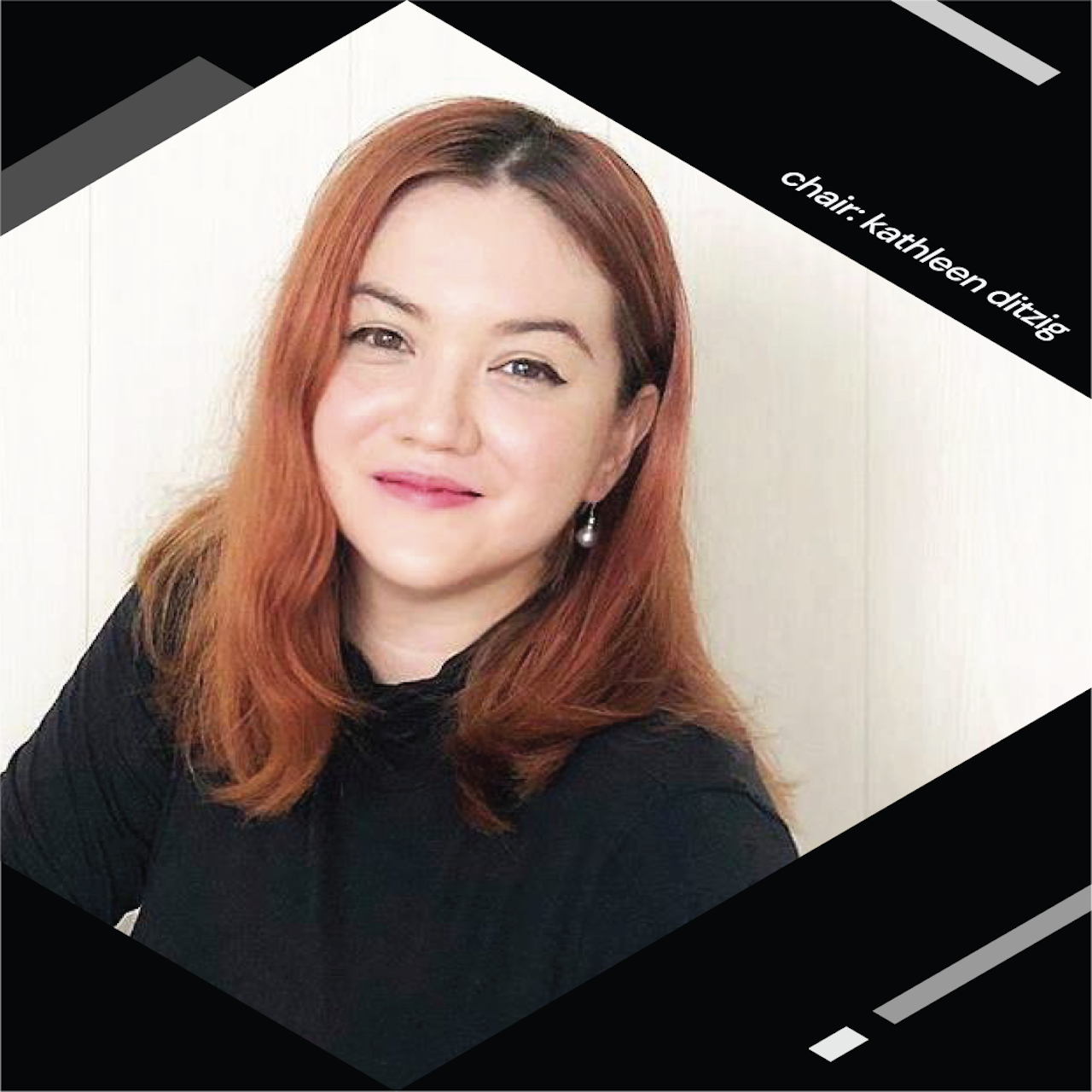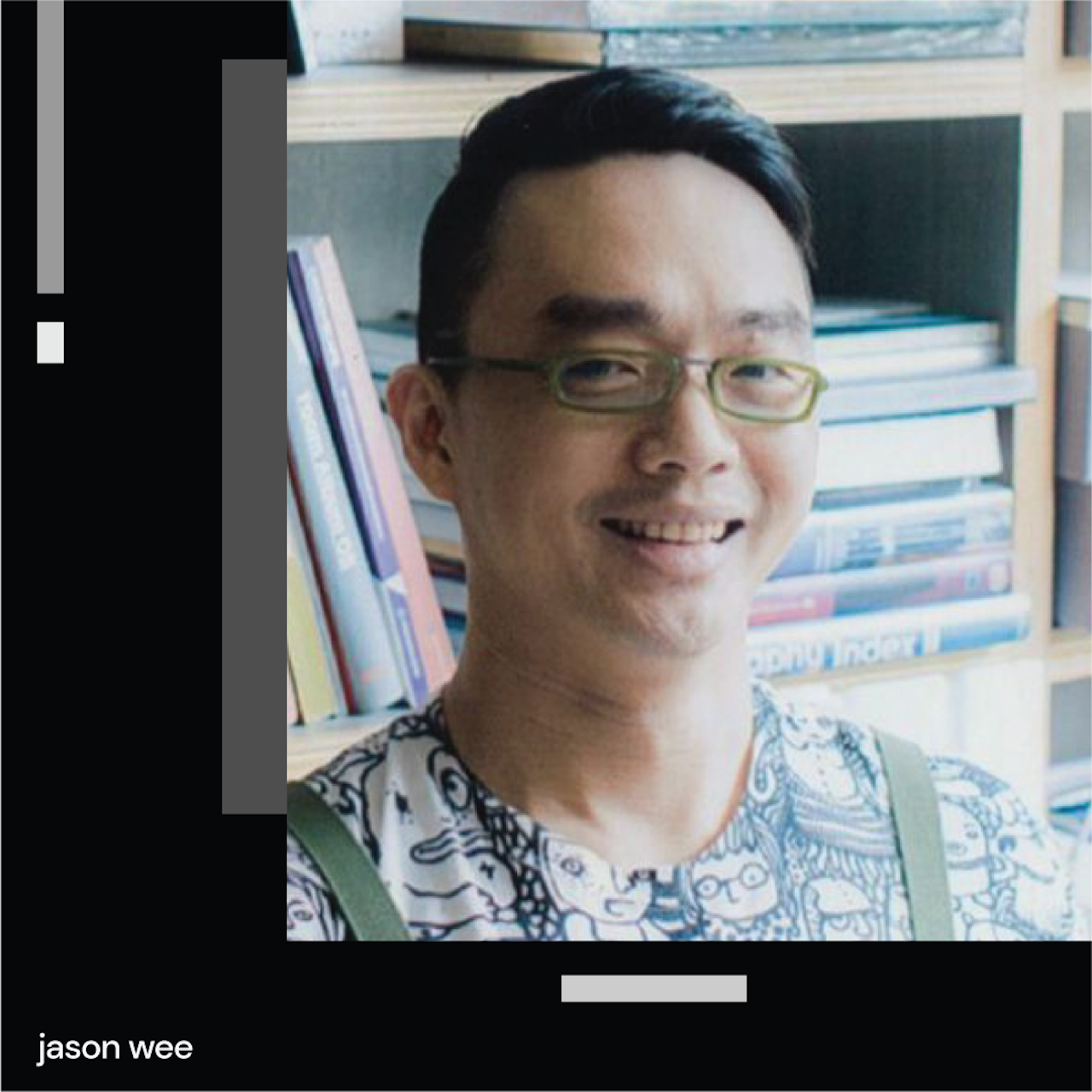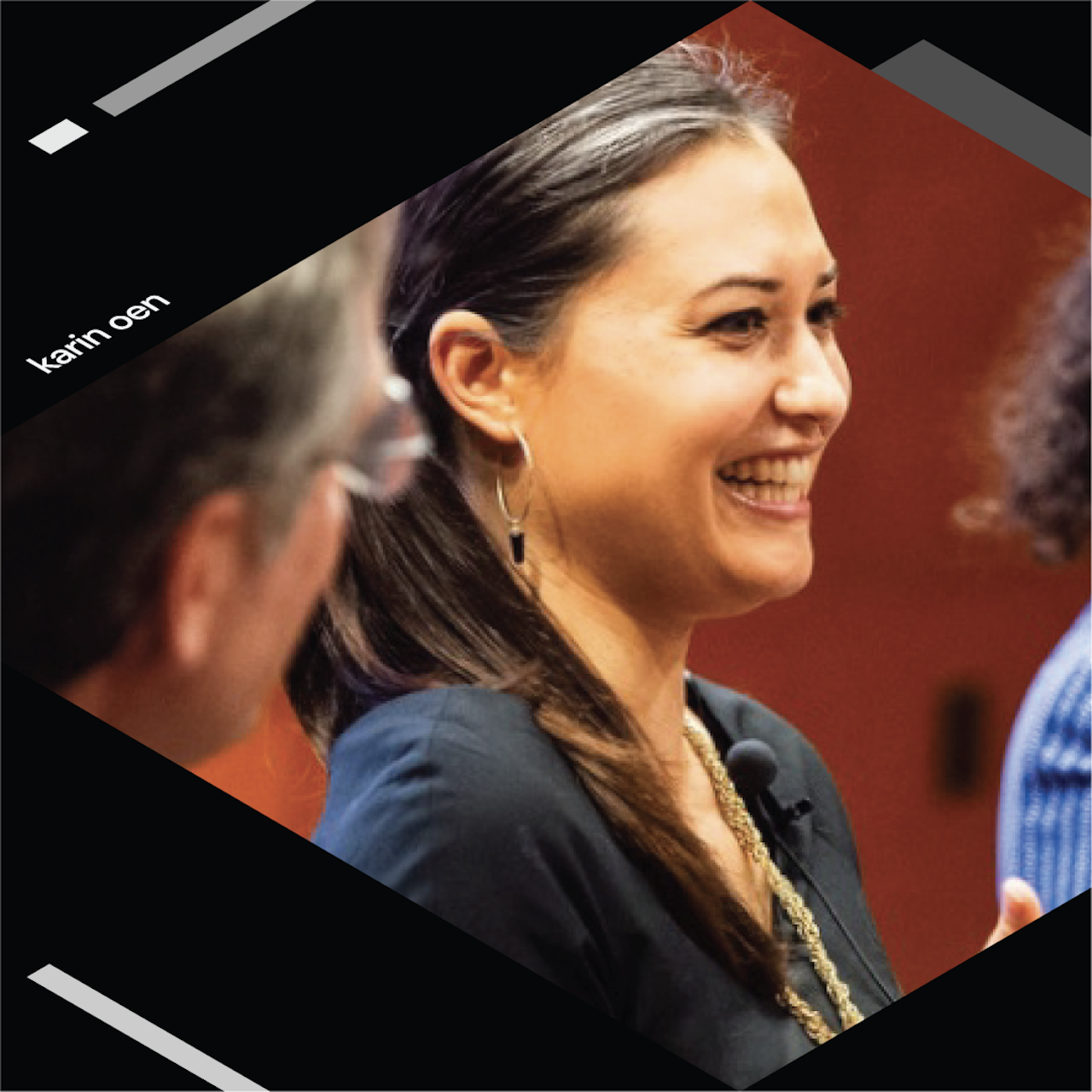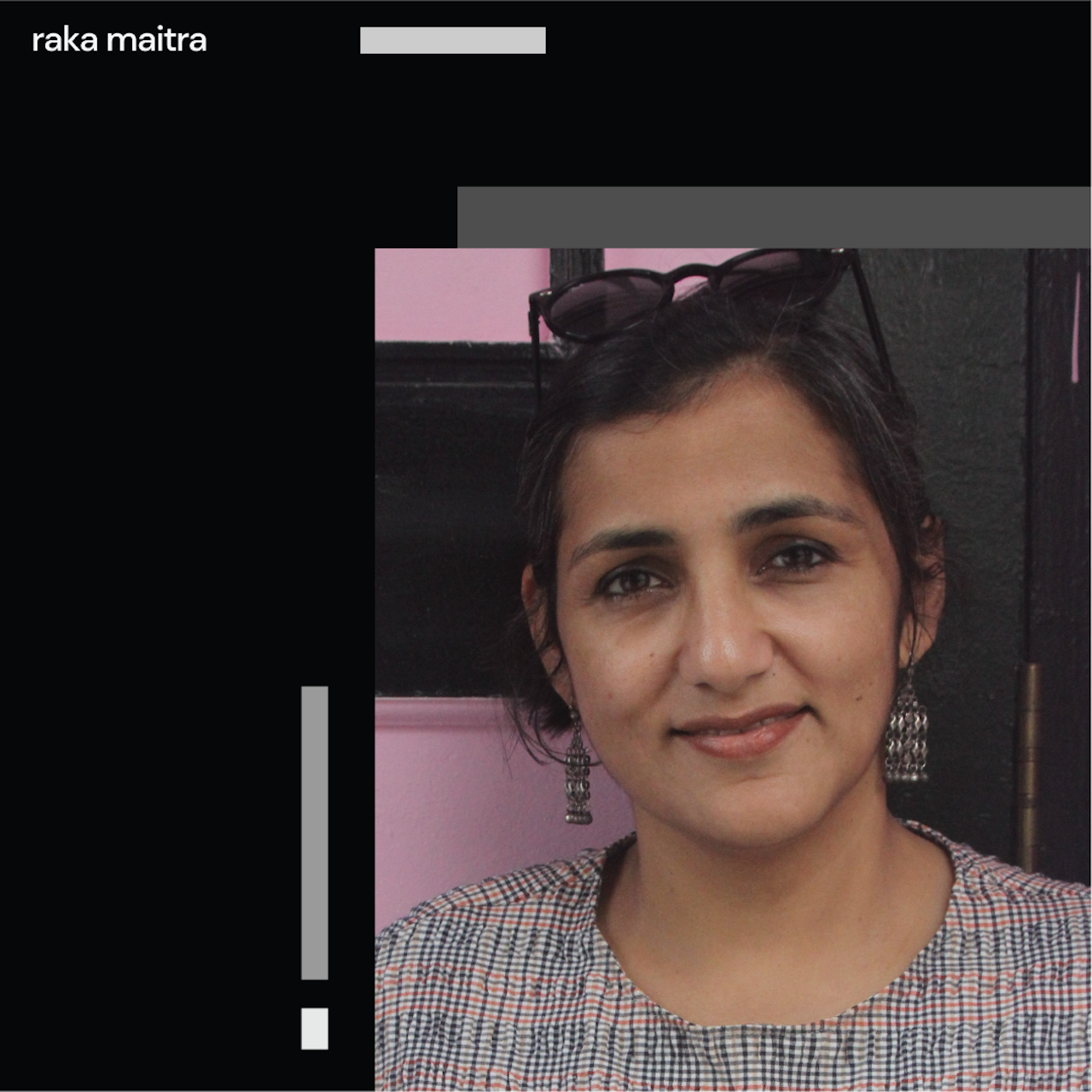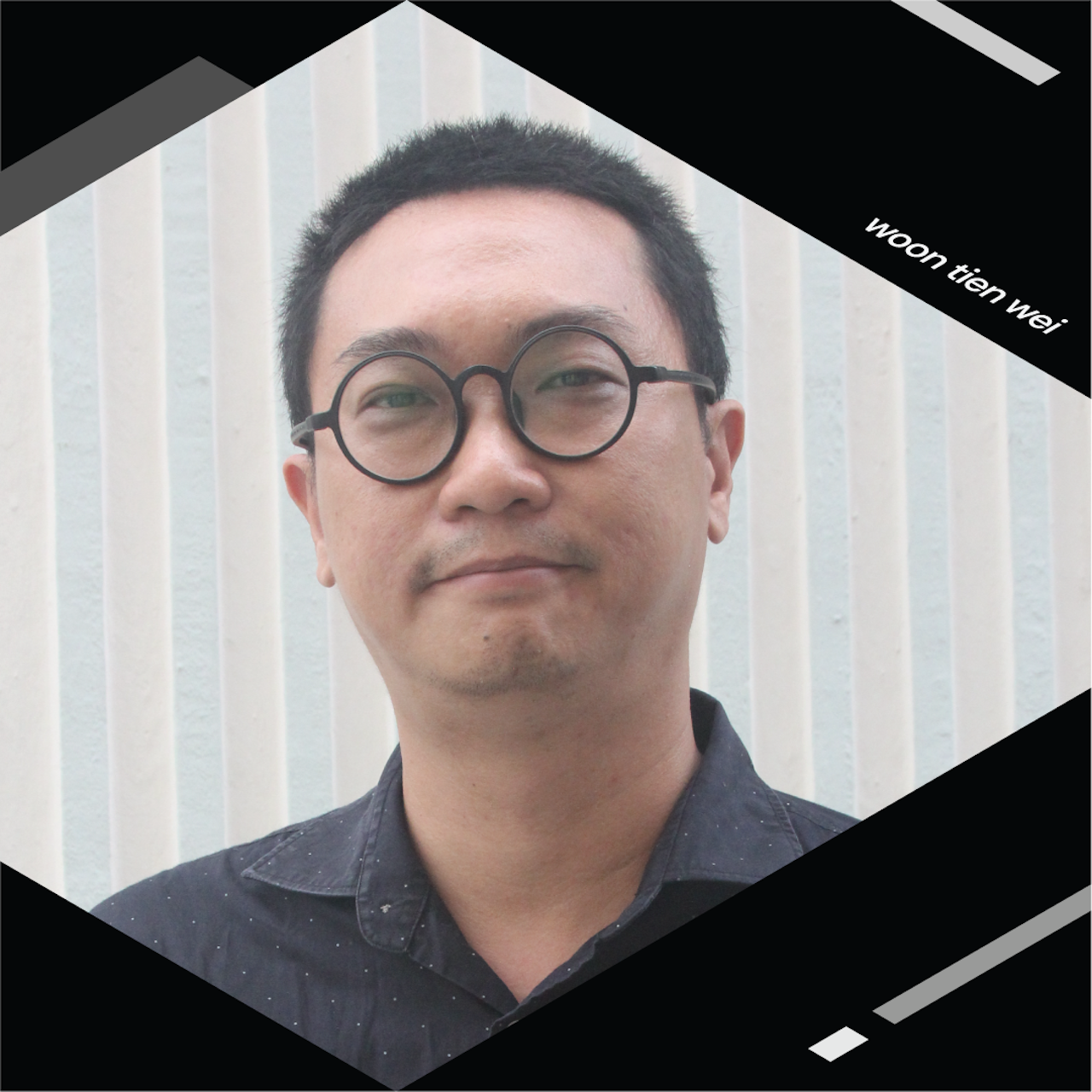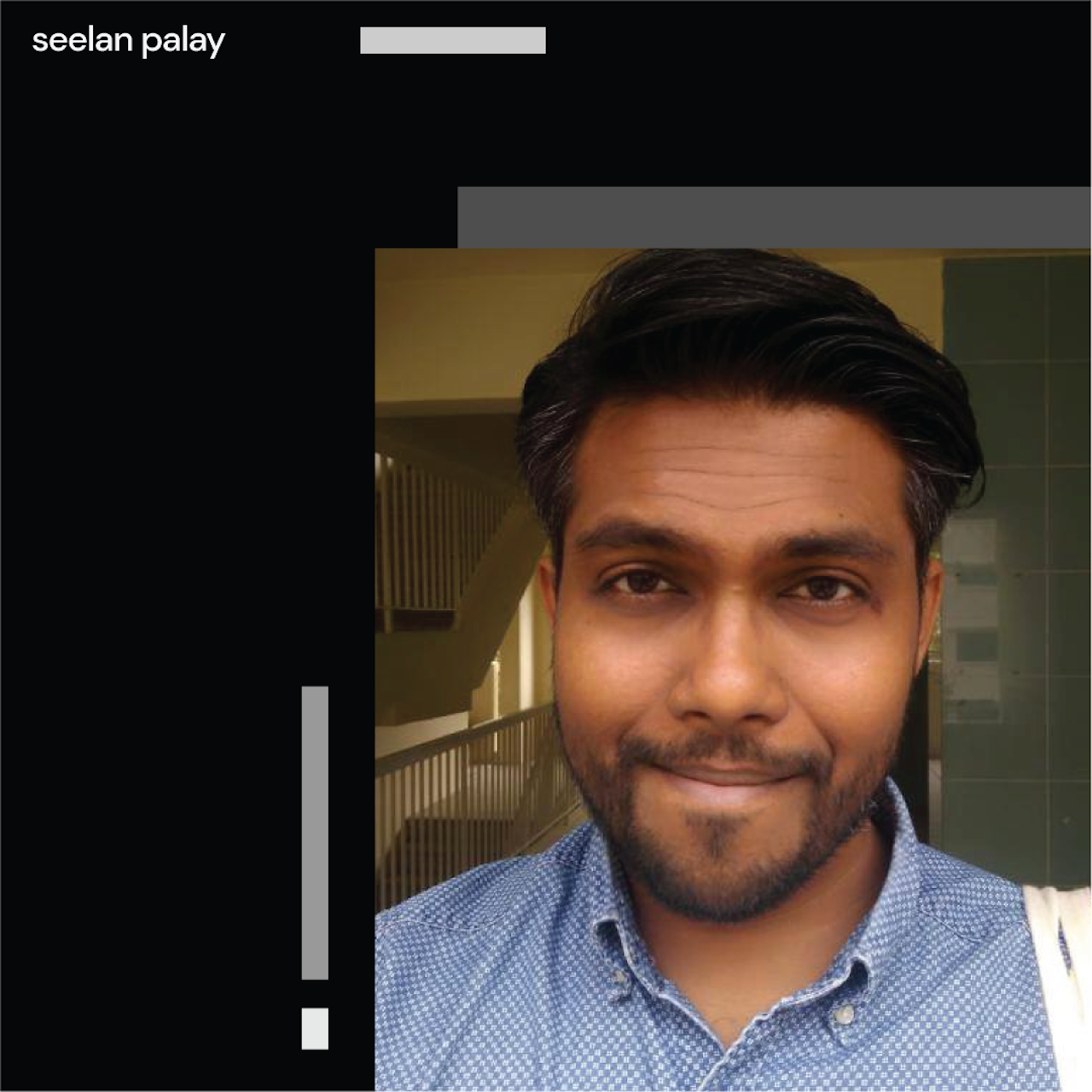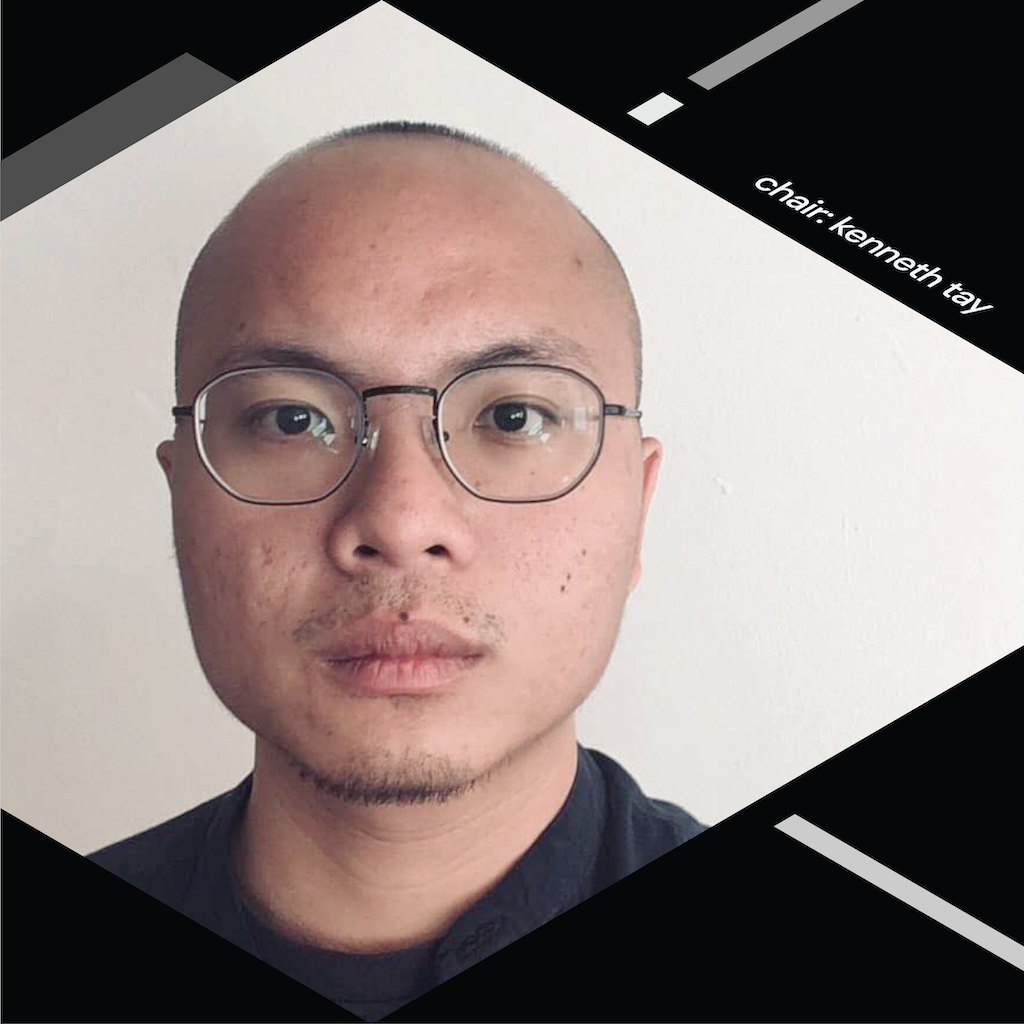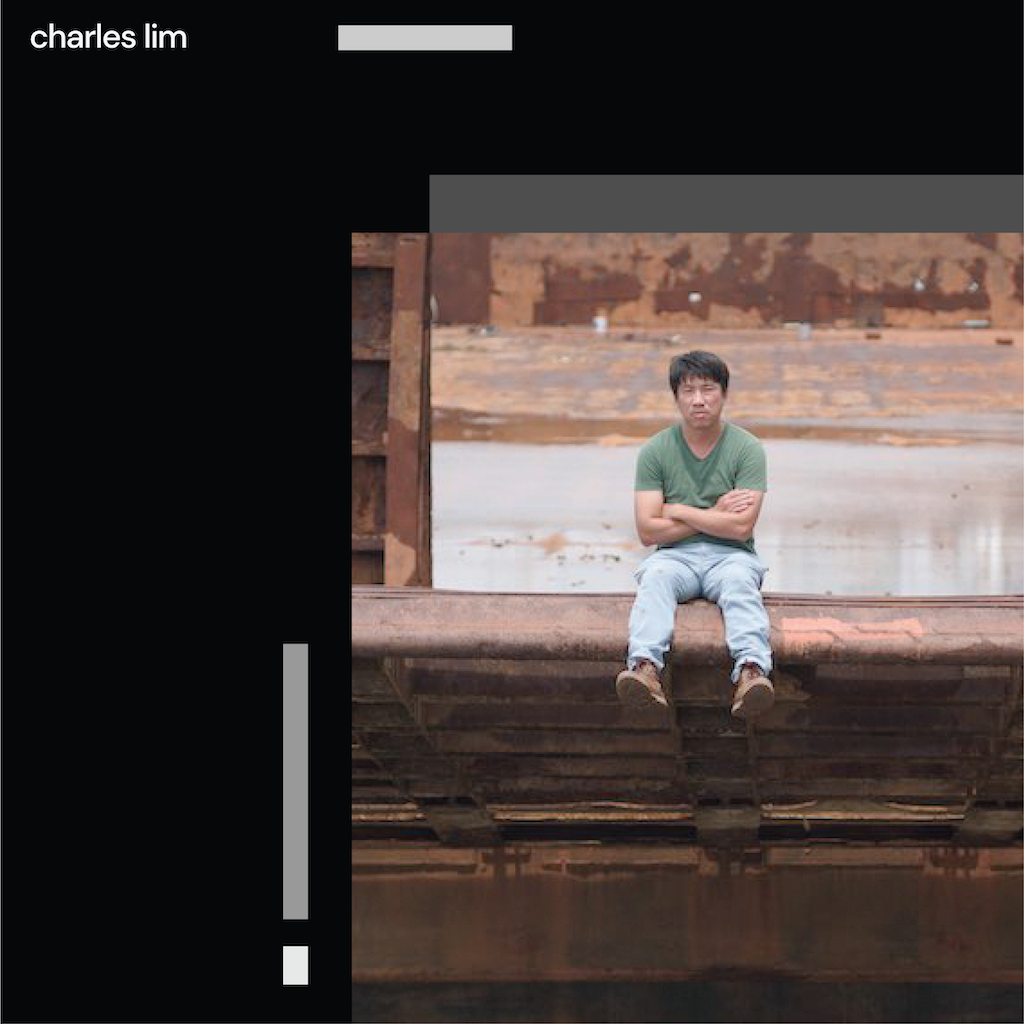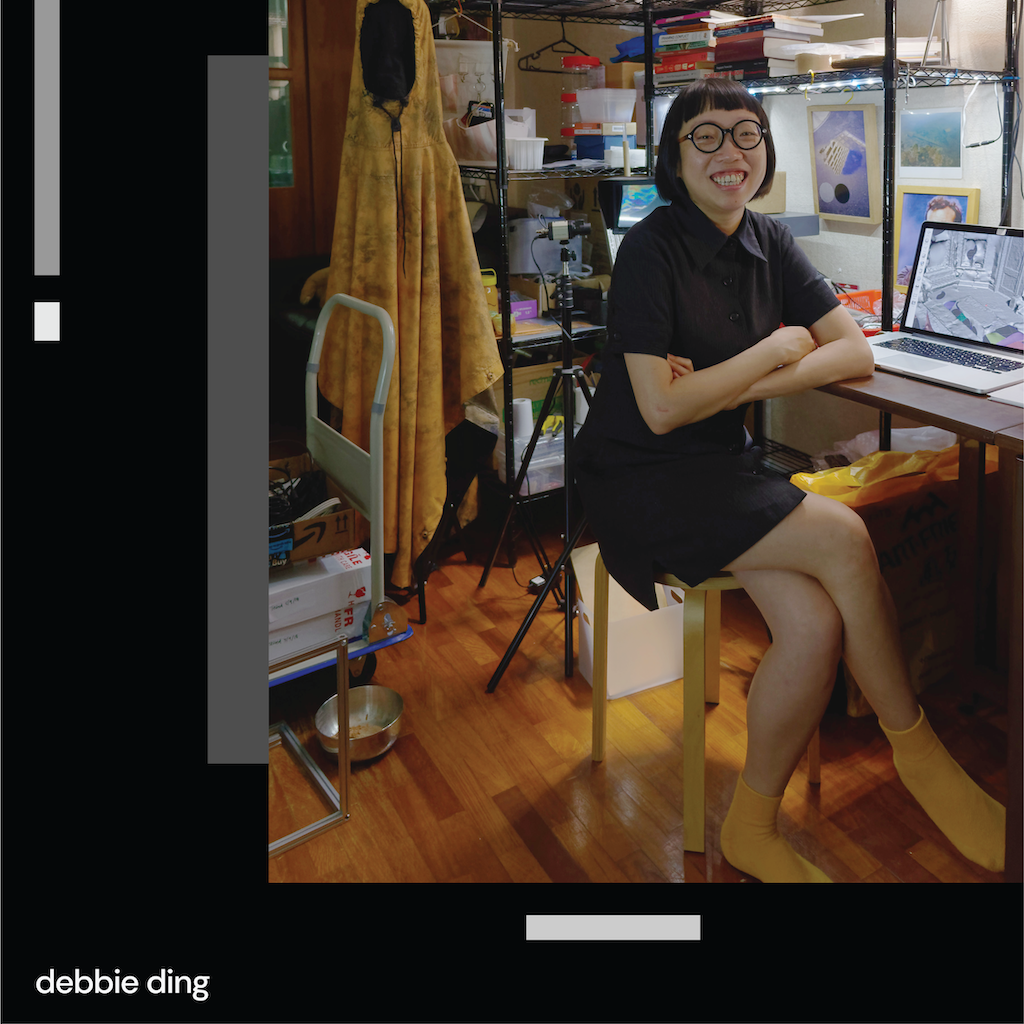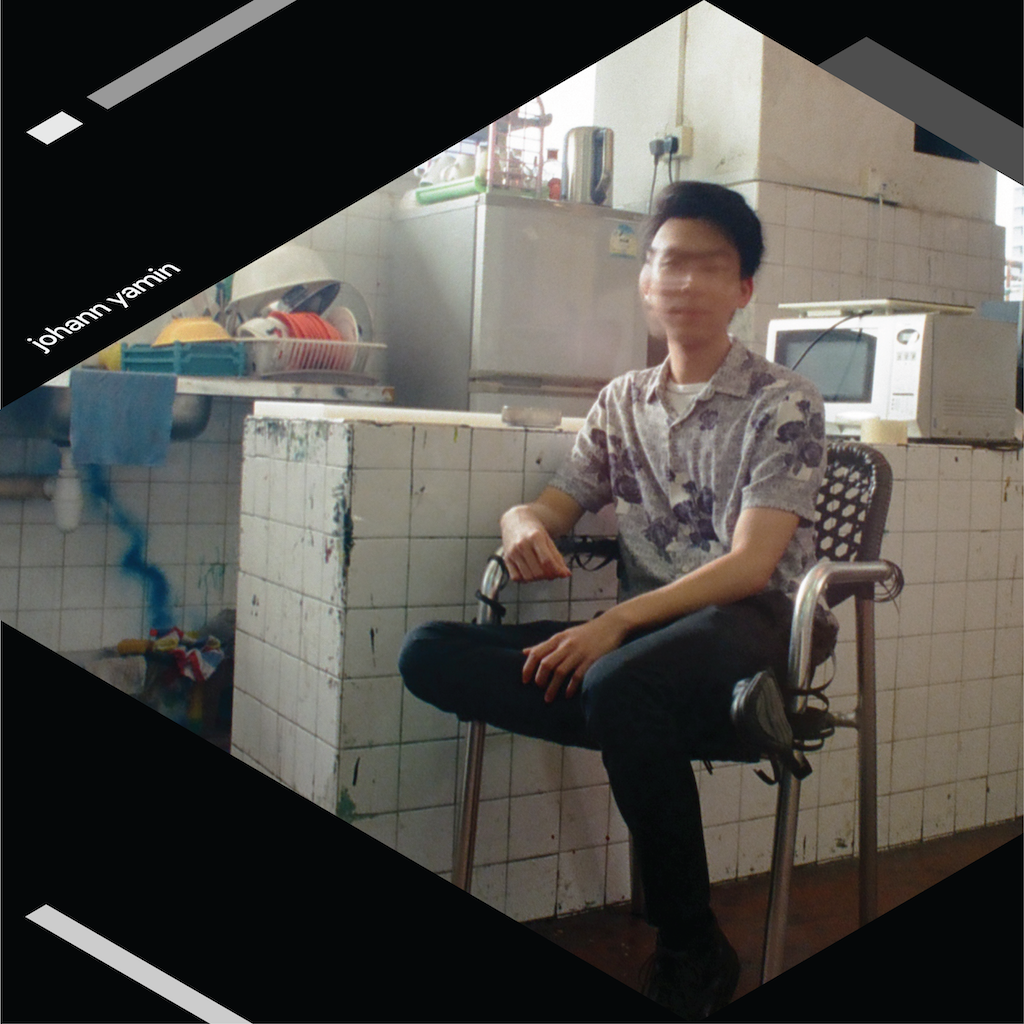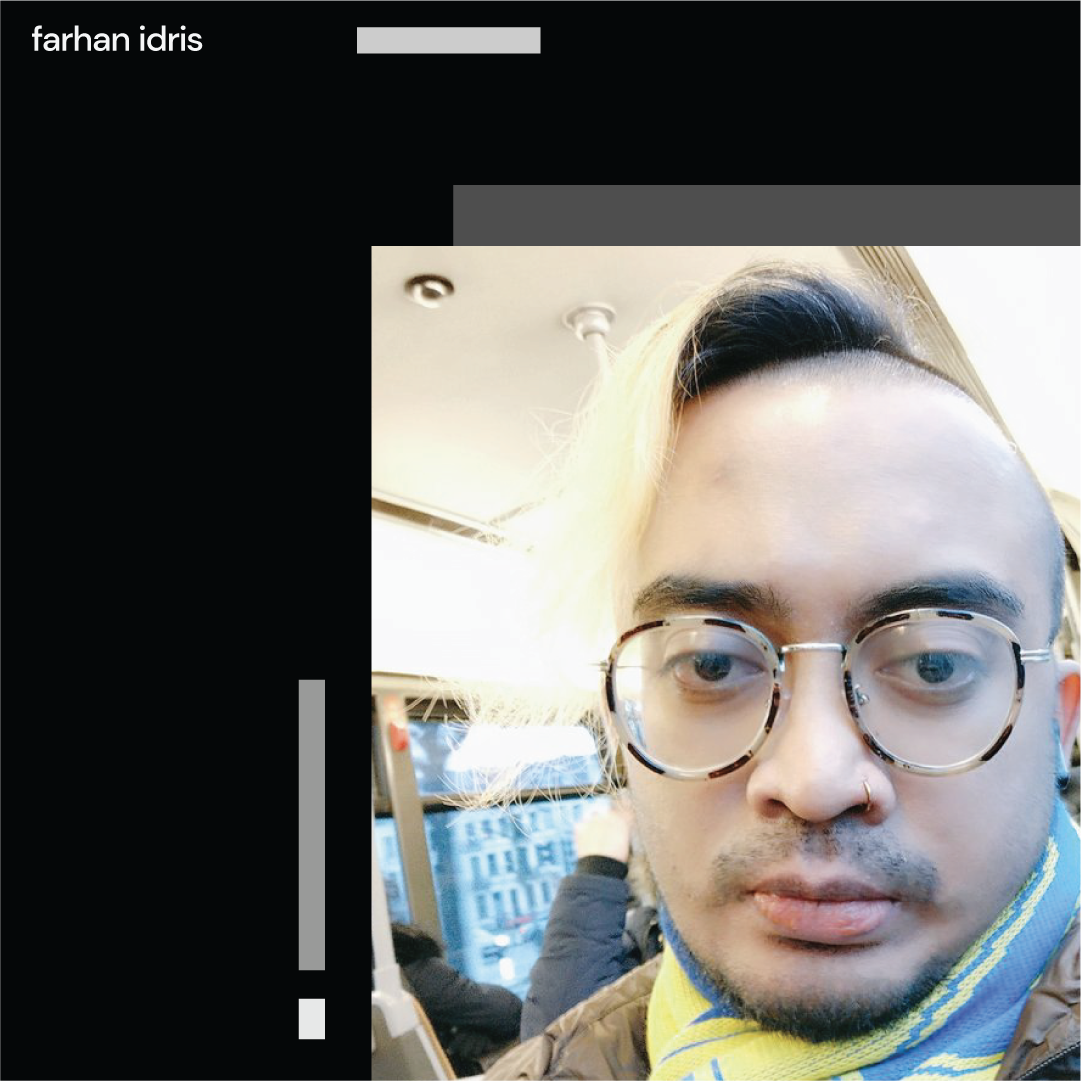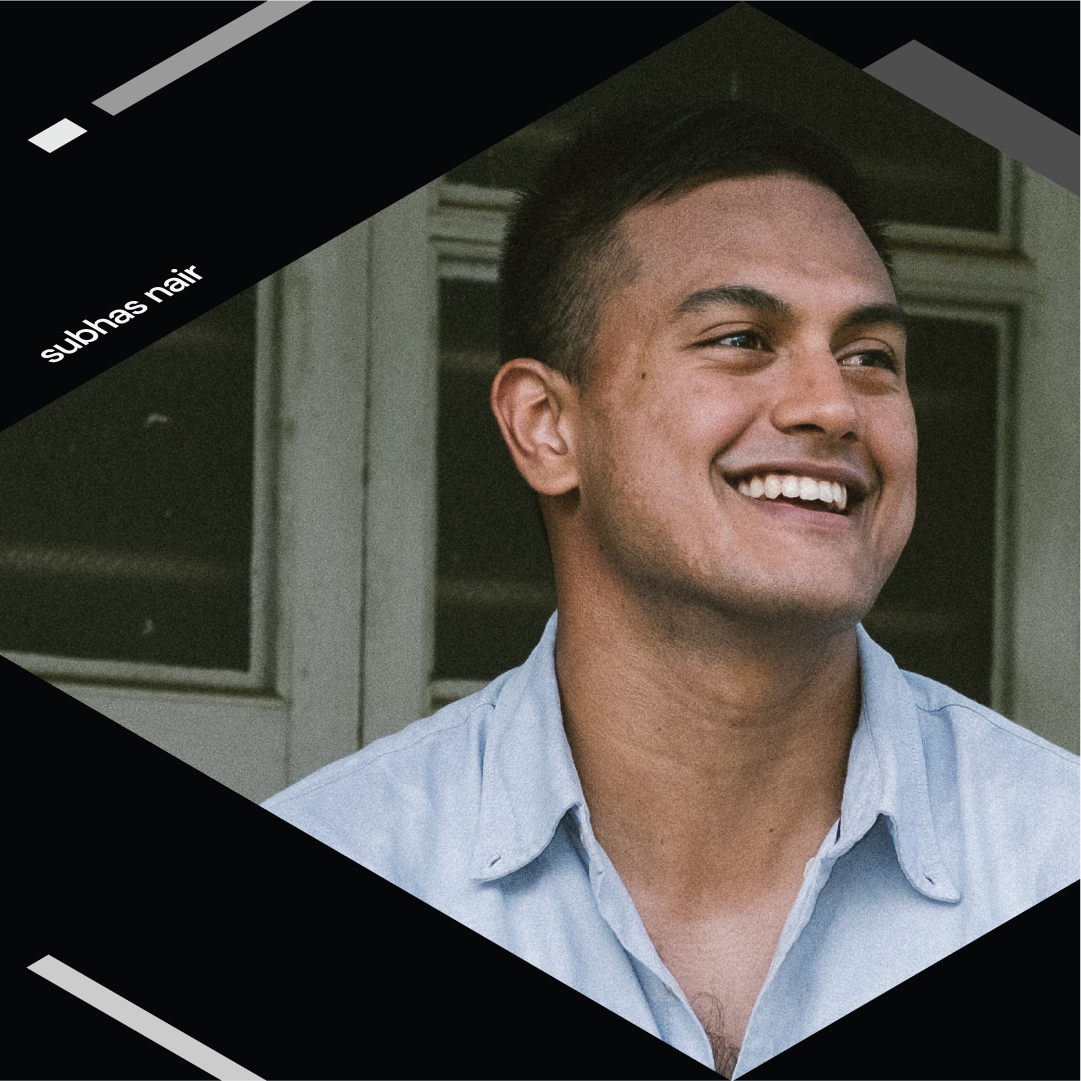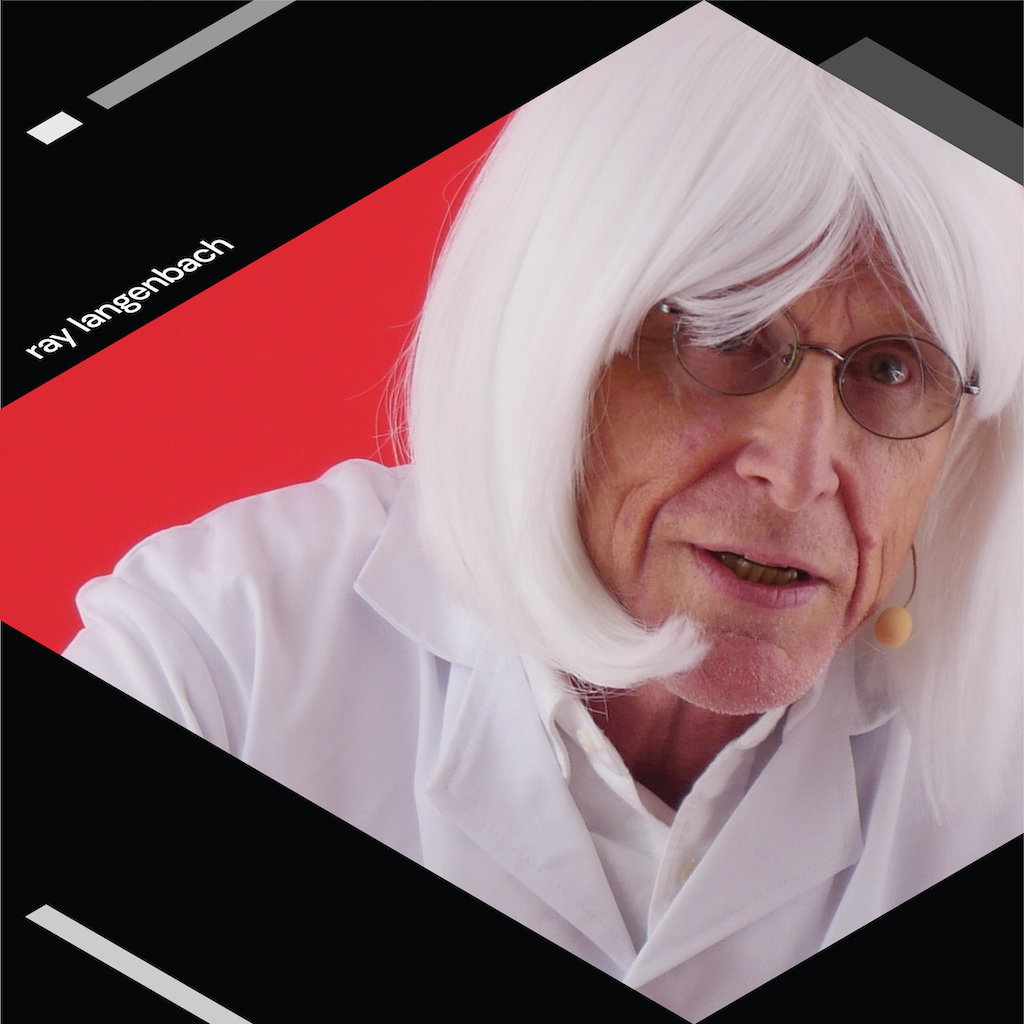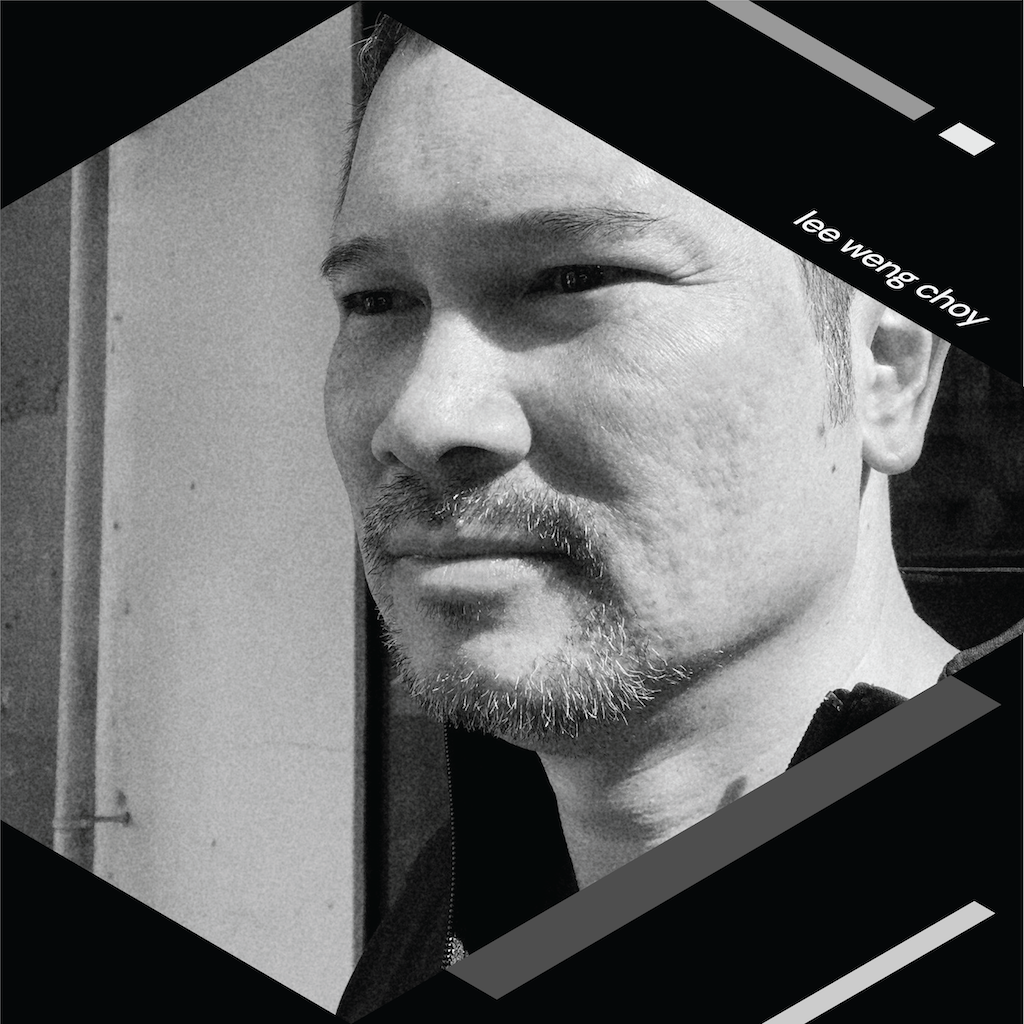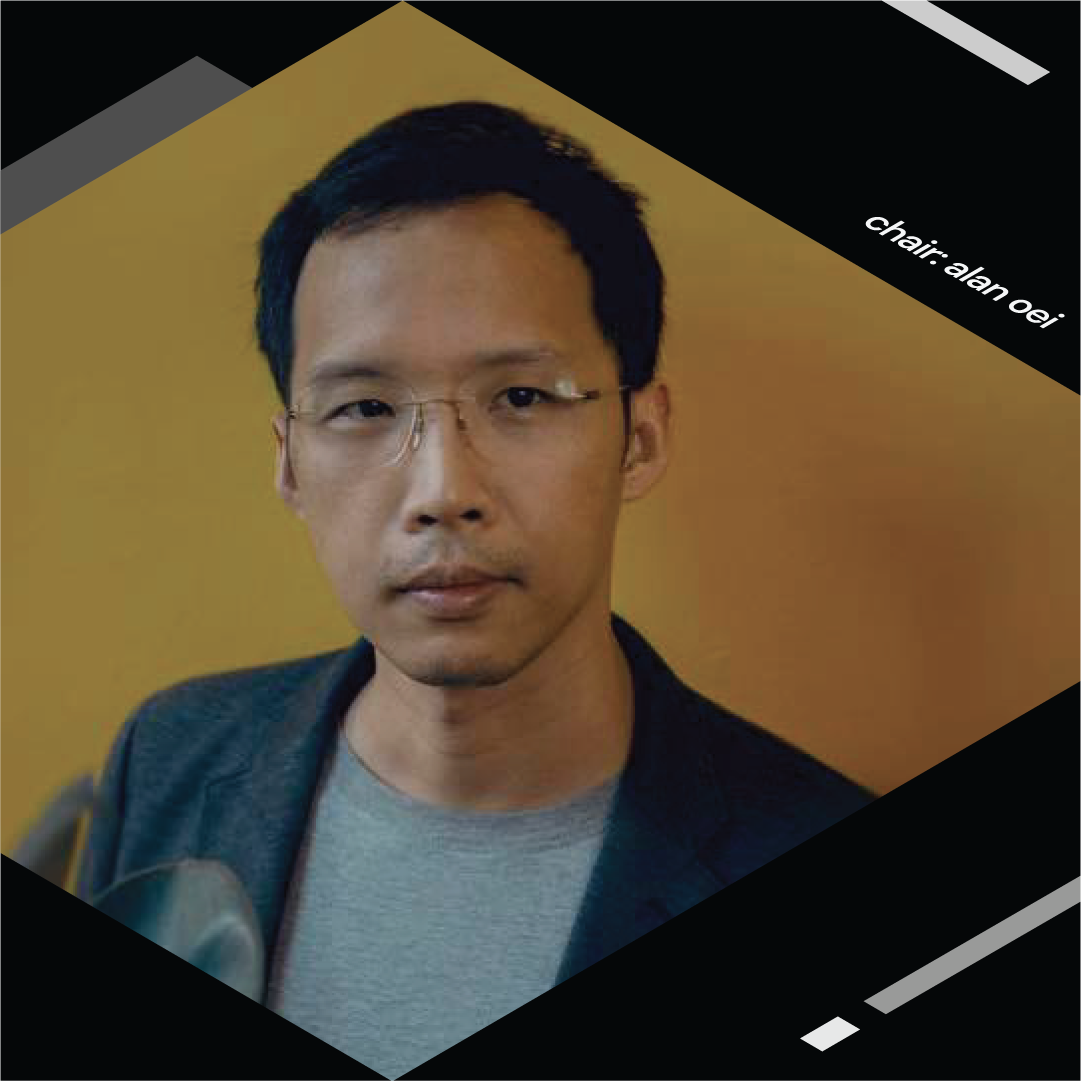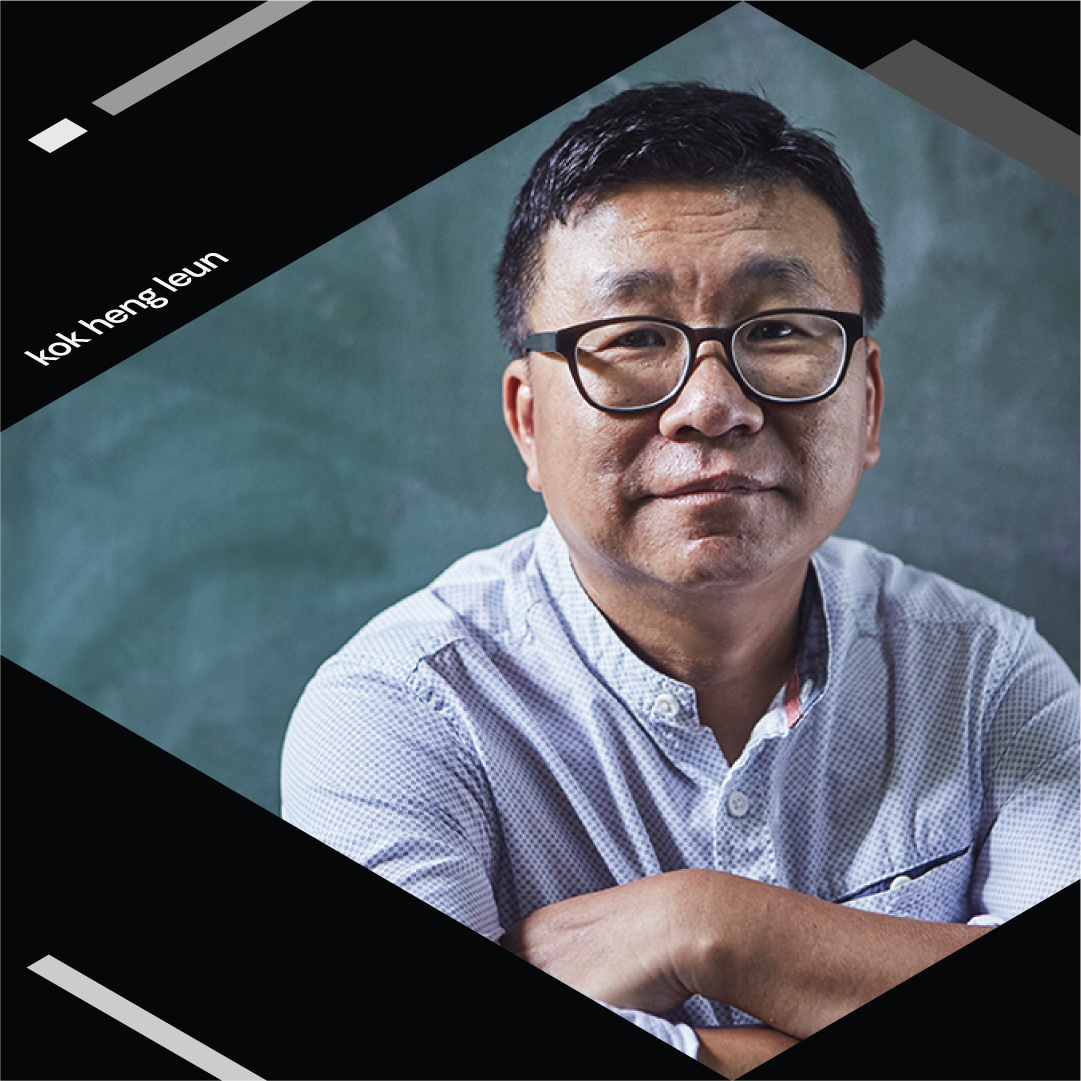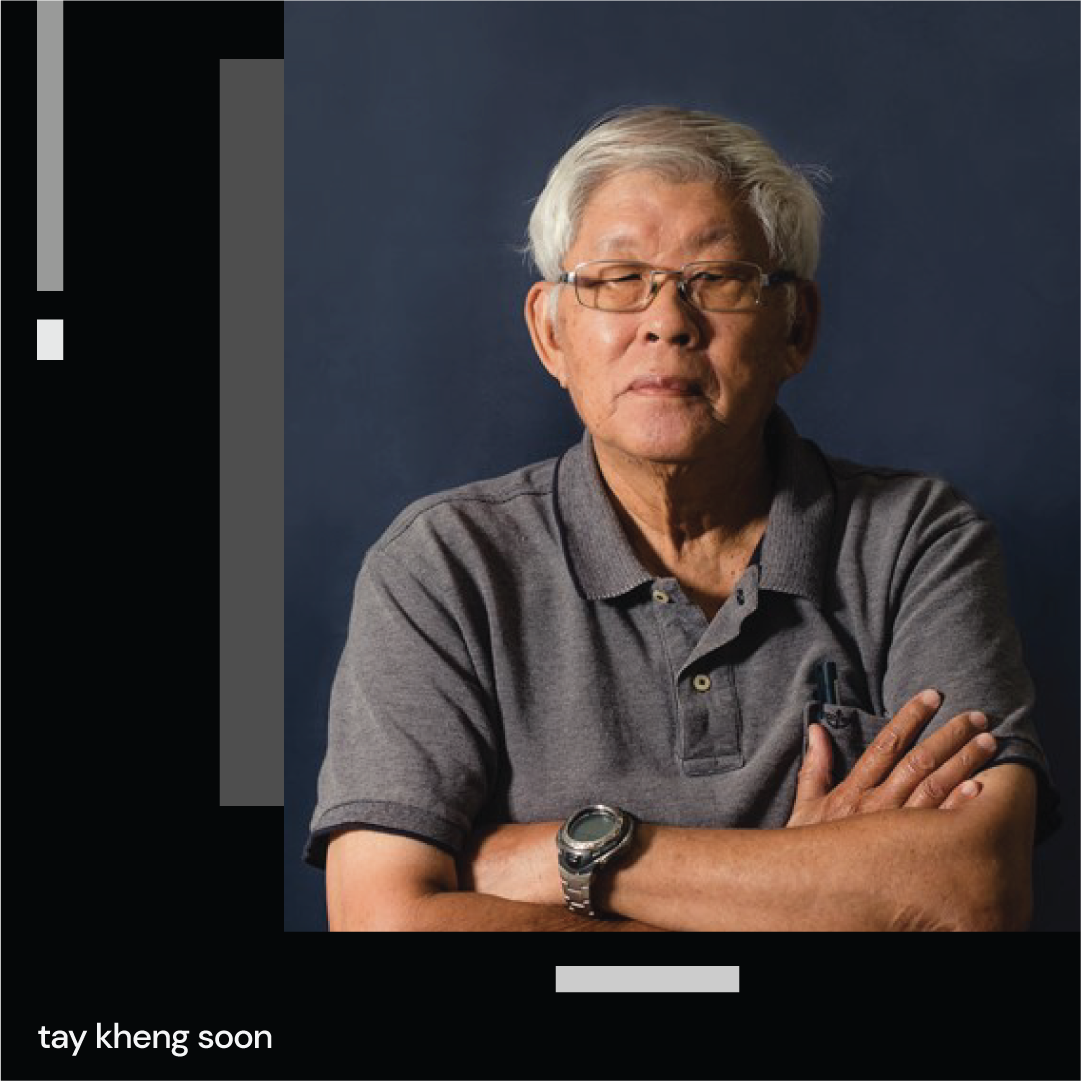Space, Spaces and Spacing 2020
21 & 22 March 2020
Space, Spaces and Spacing was a conference held in 1995 as part of a series of annual conferences organised by The Substation. This former power station was often the de facto site for not only the arts and counterculture, but civil society. A meeting place for artists, academics, and activists, the seminal conferences went beyond a common platform. They carved out a new understanding and practice of public and civic space in Singapore.
25 years on, in the wake of change to the arts and culture in Singapore due to both local and global trends, The Substation re-presents Space, Spaces, and Spacing 2020, to reopen the conversation around public space and the public sphere.
How have notions of space—in physical, virtual, and socio-political spheres—evolved? And who are the individuals and institutions that grapple with this? In contending with the 1995 event, the conference provides a reentry into conversations that remain just as pertinent today. Retaining the themes from the four original panels, with new ideas and attitudes to create space not only for reflexive scholarship, but also representation for the arts community.
A re/publication will be commissioned after the conference, combining transcripts from the 1995 event, alongside its contemporary iteration 25 years on.
Day 1: 21 March 2020
Opening Address by Kenneth Paul Tan
(Co-Chair, Organising Committee of Space, Spaces and Spacing 2020 and
Associate Professor, Lee Kuan Yew School of Public Policy, NUS)
Panel 1: The Making of Spaces (State and Policy)
Chair: Kenneth Paul Tan
“To understand arts institutions and cultural policies is to understand the ‘bureaucratic imagination of the arts”
—Terence Chong (2019)
The Renaissance City Plan (RCP), launched in 2000, makes clear that the arts are deployed in the service of nation-building, whether as social bulwark or branding the imaginary of global cities. As large as the state looms over the arts and public sphere, how do individuals and the art community respond to, and harness tensions between the centre and the fringe?
Is There Space for Diversity?
Alvin Tan
(Artistic Director, The Necessary Stage)
Without throwing the baby out with the bath water, top-down, planned social change need not be undesirable or undemocratic, especially if the state owns resources, is intimate to the terrain of the evolving arts ecology and treats the arts with benevolence; believing in its intrinsic worth, and not just instrumentalising it for economic goals. Perhaps arts and cultural policies can be incrementally more collaborative (and I mean genuine collaboration and not just going through the motion of consultation and then appropriating and tweaking the ideas to serve the leaders agenda for the arts) as the arts habitat mature with its complexities and needs. Fear and diminishing trust will naturally grow when communication ceases with the top management receiving the agenda from their political masters who perceive themselves to be the sponsor of the arts, when using public funds. Is there space for co-existence of difference so that diversity drives the country’s development towards excellence instead of fearing its divisive force? Is there space for divergent views without them being turned into dissident voices threatening social stability or national security? Can state and the arts learn from one another? Can different interest groups respect one another and co-exist instead of appealing to the hierarchical power to banish one another when we disagree?
Is Our State an Honest Janus?
Arun Mahizhnan
(Special Research Adviser, IPS, Lee Kuan Yew School of Public Policy, NUS)
The ancient Roman god Janus was invested with the power to see the past and the future and, more importantly, held sway over the doorways – to beginnings and endings. In Singapore, the state is akin to Janus with the power to open and shut doors, with a vision to the future and the past. It is a power that the state can use to enable or disable arts. It also faces the dilemmas of balancing diametrically opposed missions – to cultivate and to control the arts. This brief talk will address some of the policy dilemmas that the state faces in managing arts developments.
Post-Renaissance Hangover
Audrey Wong
(Head, School of Creative Industries and Programme Leader of the MA Arts and Cultural Leadership programme, LASALLE and former Co-Artistic Director, The Substation)
In 2000, Audrey Wong was appointed Co-Artistic Director alongside Lee Weng Choy. That same year, the Renaissance City report was released, officially announcing the blueprint for Singapore's future arts and cultural development. It was the start of an era where the economics of the arts dominated, particularly with the quick adoption by our country of the "creative industries" concept and discourse not long after. Managerialism crept into our everyday artistic doings. Major institutions, increasingly well-resourced, developed rapidly. The Esplanade opened in 2002; the National Museum reopened in 2006 with a 'cinematheque' and theatre and eventually launched the massively popular Night Festival in the neighbourhood; the first Singapore Biennale launched in 2006. In this landscape, what was the place of an arts centre with limited resources which prioritised (an often invisible) process over product, but which was also in its own way, becoming institutionalized and inevitably participating in the increasing 'market orientation' of Singapore arts? Are there lessons from this period that can guide The Substation's response to the future?
Ambient Participation, Critical Placemaking and Urban Screens
Audrey Yue
(Professor in Media, Culture and Critical Theory (Communications and New Media), NUS)
Public screens have become significant urban sites for placemaking. Whether through physical location, the programming of art and cultural content, or networking capacity, they are focal points for local embeddedness, community formation and civic belonging. This paper draws on light art projection case studies in Singapore, Melbourne and Hong Kong, to examine ambient participation and critically develop a methodology for critical placemaking. Departing from top-down models of creative placemaking, this paper approaches critical placemaking through theories of urban communication and argues that a robust cultural evaluation model for placemaking must account for the ethical dimensions of the communicative city.
Keynote: Air-Conditioned Nation, Revisited
Cherian George
(Professor of Media Studies & Associate Dean for Research, Hong Kong Baptist University School of Communication)
Cherian George will launch the 20th anniversary edition of his anthology of essays at the conference, with a talk reflecting on how Singapore’s political space has changed since the 1990s. The peripheries have expanded and blossomed: thanks to economic, educational and technological progress, there is more choice and opportunity for Singaporeans. The centre, though, is guarded more tightly, George argues. The government has become more dogmatic, constricting the public sphere. This has implications beyond politics, encouraging the privatisation of lives and retarding the development of tolerance of diversity as a social virtue.
Panel 2.1: Articulating art practices (Arts spaces as spaces of discourse)
Chair: Kathleen Ditzig (Curator and Writer)
The first of this two-part panel brings together a range of representatives from diverse art spaces in Singapore to speak to the significance and importance of art spaces as spaces of articulation and discourse. How have art spaces in Singapore changed with shifts in the private and public sector commitment to the arts? How have art spaces responded to the dominance of networks of social media, the rise of identity politics and the stresses of globalization, and the ways they have changed how we produce and consume art? What is the future of art spaces in Singapore?
Panelists:
Jason Wee (Founder & Director, Grey Projects)
Karin Oen (Deputy Director, NTU CCA)
Raka Maitra & Woon Tien Wei (Co-Artistic Directors, The Substation)
Seelan Palay (Founder, Coda Culture)
Panel 2.2: Articulating art practices (The emergence of the Internet)
Chair: Kenneth Tay (Curator and editor)
(Cancelled due to public health measures)
This second part of this panel brings into focus the infrastructural shift that was happening in both Singapore and elsewhere in the late 1980s and early 1990s — namely, the emergence of the internet. Early projections of the internet aspired towards a utopian space freed from institutional limitations and politics. Yet, tsunamii.net (2001-2005), a Singaporean net-art collective, turned away from such easy celebrations and began performing a critique of the internet’s physical infrastructures as one tied fundamentally to history and geopolitics. This conversation considers tsunamii.net in relation to recent histories of projects (from online archives to online exhibitions) that have employed the internet both as material and art space in Singapore. How has the internet changed the ways art and art spaces are understood and operate? How have artists critically engaged with the internet as both network and space to produce new articulations of art and its relationship to society in Singapore?
Panelists:
Charles Lim (Artist, formerly tsunamii.net)
Debbie Ding (Visual artist and technologist)
Johann Yamin (Artist)
Day 2: 22 March 2020
Panel 3: Socialising the space (Art as public discourse)
Chair: Liew Kai Khiun
Broadening the conversation to the public sphere, the panel addresses the shift in national narratives around the arts—from a top-down approach in the 90s, to public engaging exercises like Our Singapore Conversation; and finally, how art engages with society today.
Let’s Talk About How We Talk About Singapore
Adrian Kuah
(Director, Futures Office, Office of the President, NUS)
There is something amusingly peculiar about how we talk (or not) in Singapore about Singapore. On the one hand, we pride ourselves on our pragmatism to such an extent that we denigrate “talk”; we coined in Singlish “NATO” – no action, talk only. On the other, we have known – and been told – for a long time now that we are a nation of “world-class complainers”. Whatever the case, given the proliferation of different platforms and the growing awareness of the world and our place in it, there is simply going to be a lot more talking. How will the nature of how we talk change? What will we talk about? How does talking shape the spaces we occupy, and vice versa? And as some of us talk, who gets silenced? Adrian will explore these questions in the context of Manuel Castell’s ideas of a “space of place” and a “space of flows”, and make references to the mother of all conversations, “Our Singapore Conversation”.
[Unable to attend due to public health measures]
Thinking-Together and Spaces of Collective Autonomy
Farhan Idris
(Co-founder, Bras Basah Open)
Autonomous groups of study, for instance, Bras Basah Open, can be a point in which radical modes of thinking-together and living together can coexist with different modes of collective organization in our creative spaces. This, in an urban space marked by alienation and exhaustion that precludes more intimate modes of social relation. An undercurrent that also permeates our collective modes of thought is that racial minorities are expected to be visible and heard only from the position of racial difference or trauma, the body being the bearers of history. As opposed to say, being valued also as creators of creative ways of conceiving a new how-to inhabit urban spaces, or being at the forefront of theory and critique in the creative spaces we inhabit. How do we unlearn and unsettle the manner in which thinking-together is done in the creative scene? This paper presentation will also take cue from ideas such as Fred Moten and Stefano Harney’s ‘undercommons’, Paulo Freire’s ‘pedagogy of the oppressed’ and Judith Butler’s views on vulnerability and resistance.
[Unable to attend due to travel restrictions]
Great Expectations: What Does It Mean To Make and Hold Space for the Arts In Singapore?
Hoe Su Fern
(Assistant Professor & Programme Coordinator of Arts and Culture Management at Singapore Management University)
The arts and artists need space to thrive. However, as much of the land in Singapore is state-owned, the finiteness of space - literally and figuratively – remains a key challenge. Today, there is a rich variety of arts infrastructure in Singapore, from performing arts venues to state-subsidised artist studios and co-working spaces for freelancers. However, this infrastructure comes at a cost–these arts spaces are positioned as policy interventions capable of achieving a broad confluence of cultural, urban, economic and social outcomes for Singapore.
Through the exploration of various case studies of space provision, this presentation will critically question what it truly means to make space, hold space, and lose space in the arts in Singapore today. In particular, it will highlight the limitations of mere physical space provision, by focussing on the practices of commoning and forms of solidarity that inhabit artistic practice, and arise from coming together.
Art-making as Resistance and a Tool for Social Change
Subhas Nair
(Artist)
Subhas will be sharing about his pathway of art-making as a tool for social change—from his lived experience as a first-gen college student and minority-male Singaporean to his experience working at IBM, the URA, and his research on the Little India ‘riots’. He will also speak a little bit about his recent work and what he seeks to accomplish as a hip-hop artist in Singapore.
In his words: “I hope to inspire people to create more and add to the data of lived experience and everyday life–because if we don’t tell our stories, someone else will”.
Presentation: Subliminal Substation
Ray Langenbach & Lee Weng Choy
This presentation will be a partial screening of the short film, Singapore Sub Liminal by Ray Langenbach and a reading of a paper co-written by Ray Langenbach and Lee Weng Choy, which provides an annotation of the film and a reflection on the first Space, Spaces, Spacing Conference in 1995.
The film compiled the recounting by friends of their dreams, along with short segments of works of performance art and installation art created in 1993–4. This group of friends were part of Josef Ng’s support circle, and the recordings were made during the time of the controversy over performance art before Ng’s court case. It was motivated by a creeping awareness that our dreams had taken on an uncanny resemblance to our waking lives. The dreamscape provided a fragmentary portrayal of a fragmented artistic sub-culture of that time.
Beginning with the provisional proclamation by Susie Lingham of 5th Passage: that for the period of a year "we will renounce the use of our bodies" in our art, the film turns toward the space of linguistics with a phantasmic, metaphoric, metonymic, synecdochal reading of daily life. Rather than the body, it is the humours of the personal, the social body, and the body-politic that were explored. The film is currently on display at National Gallery Singapore.
The annotation of this work 26 years later (and 25 years after Ray and Weng Choy’s respective presentations at Space, Spaces, Spacing) will provide another historical layer to these earlier fragmentations/ figmentations in the film and in their papers presented at the 1995 conference. Rather than directly revisit the texts of the 1995 conference, the presentation takes on a rather poetic approach to retrace an artwork (Langenbach’s film) that itself is an attempt at retracing.
Panel 4: Complexities & Contradictions (Figure and Ground)
Chair: Alan Oei
In this closing armchair conversation with Tay Kheng Soon and Kok Heng Leun, we return to the figure of the artist as citizen. In a heavy-handed state where the arts are a national instrument - to foster community, generate economic benefit or as symbolic capital - where and how does the artist speak truth to power? Are artists agents of change or are they cast as provocateurs and instigators?
Tay is an architect and public intellectual, who is also the founding chair of The Substation. He is part of Future of Singapore, a forum to bring critical ideas, policy and research to effect change. He has also been critical of the arts today and the cultural mindsets that discourage active citizenry. Kok is the Artistic Director of Drama Box and a former Nominated Member of Parliament. In his socially engaged practice, he has explored forum theatre and multi-disciplinary practice to highlight social issues. The right to both space and representation has challenged dominant narratives that assert both ideological and censorial constraints on the production of Drama Box’s art.
Panelists:
Tay Kheng Soon (Architect & public intellectual)
Kok Heng Leun (Founder & Artistic Director, Drama Box)

